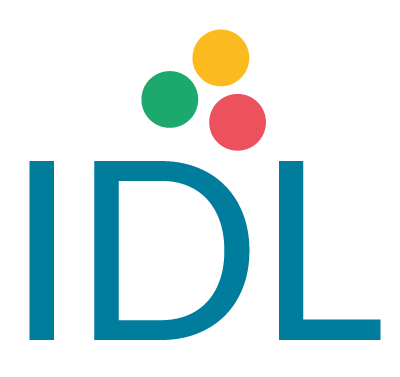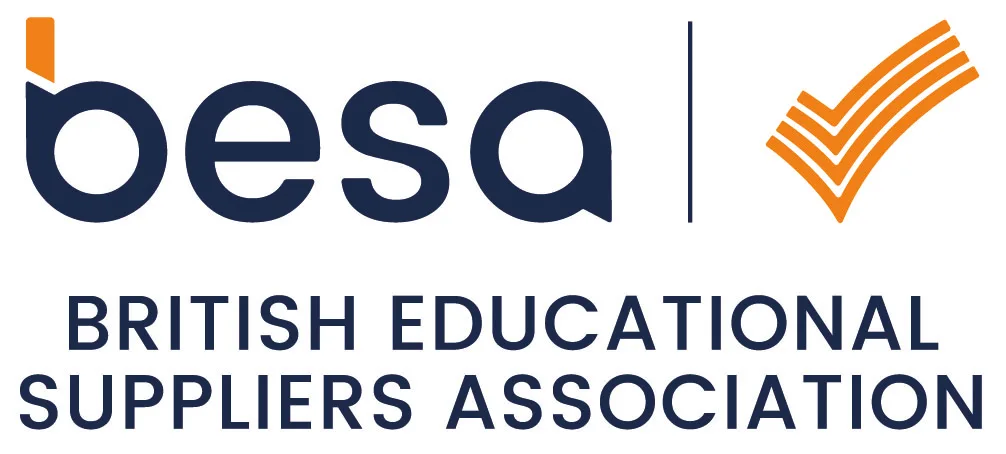Ever thought about how you think?
Human thought is abstract, complex and sometimes extremely weird. We don’t think in sentences or pictures exclusively, they’re thoughts. Maybe we occasionally run through a conversation in our head or visualise the large slice of cake we’re going to eat, but for the most part, our thoughts are abstract. Science has shown how we perceive our thoughts widely falls into two categories – verbal and non-verbal.
When we set about solving a problem, the reasoning skills we employ will be verbal, non-verbal or some combination of the two. Our verbal reasoning ability includes being able to infer meaning, thinking critically and articulate logical ideas. These skills are most often employed in literacy activities such as comprehension but are also helpful in picking out the pertinent points of a word problem in maths.
When it comes to more abstract, lateral thought then we are more likely to rely upon non-verbal reasoning skills. Let’s say you are trying to figure out the next steps in a pattern or figuring out the relationship between two values or shapes – we utilise the ability to visually compare and use abstraction to reach a conclusion.
Spatial problems are more likely to rely on non-verbal comprehension, interpretation and tactile manipulatives if possible. If you have literacy difficulties however, the options for assistance are more limited.
When it comes to issues of processing language-based information, we favour the analytic side of our brain. Certainly, there might be some useful illustrations or diagrams in a science textbook or perhaps a picture of whatever that passage is describing but if you have difficulty reading, your verbal reasoning skills will suffer too.
Here are some of the ways that IDL supports learners in developing their verbal and non-verbal reasoning skills regardless of difficulties.
Verbal Reasoning Skills
1. Reading Aloud
IDL Literacy encourages spelling, vocabulary growth, and inferential thinking. By reading the words aloud and hearing them played back, pronunciation skills are better embedded.
2. Word Games
IDL Wellbeing includes a number of literacy supporting activities such as wordsearches to improve reasoning and comprehension skills whilst promoting good mental health.
3. Comprehension
Our Literacy programme contains exercises to strengthen logical thinking and pattern recognition in language. Learners are asked questions related to the text they just read, testing their comprehension and developing their scanning skills.
4. Discussion and Reasoning
The IDL Wellbeing programme teaches oracy, emotionally literate thought and reasoning skills. By considering multiple points of view in hypothetical school-based situations, learners consider the opinions of others and how best to express themselves.
Non-Verbal Reasoning Skills
1. Pattern Recognition Activities
To strengthen learners’ pattern recognition skills, IDL Numeracy includes an entire strand of lessons dedicated to sequencing. These questions range from shape sequences to mathematical patterns promoting deduction and numerical confidence.
2. Spatial Reasoning
IDL Numeracy builds familiarity and skills with solving problems involving space and distance including symmetry and tessellation. Lessons including reflection and distance help reinforce visualisation in learners with some processing difficulties and embed understanding of proportion.
3. Mazes and Visual Path-Finding Tasks
Our Maze activity in IDL Wellbeing teaches pathfinding alongside situational problems to boost emotional intelligence and navigation skills. As they work their way through a procedurally generated maze, learners are presented with every-day situations they might encounter and ask themselves what the most thoughtful way forward would be.
4. Non-verbal Logic Games (e.g., Sudoku, visual riddles)
Sudoku teaches maths problem solving whilst strengthening a learner’s logic. For that reason, IDL Wellbeing has a huge range of sudoku problems for players of all ability levels. Additionally, our Numeracy programme teaches logical and deductive reasoning to solve algebraic problems in an intuitive and engaging way.
Whichever side of the brain you’re looking to strengthen, IDL has the tools for the job! Our three core products boost verbal and non-verbal reasoning skills for school learners with difficulties, whilst our range of screeners can identify weak areas of reasoning.
Want to learn more? Speak to our advisors at [email protected] or request a free trial!
Luke Butcher – IDLS CPD and Product Developer
2 https://www.edutopia.org/article/how-foster-spatial-skills-preschool-and-elementary-students















